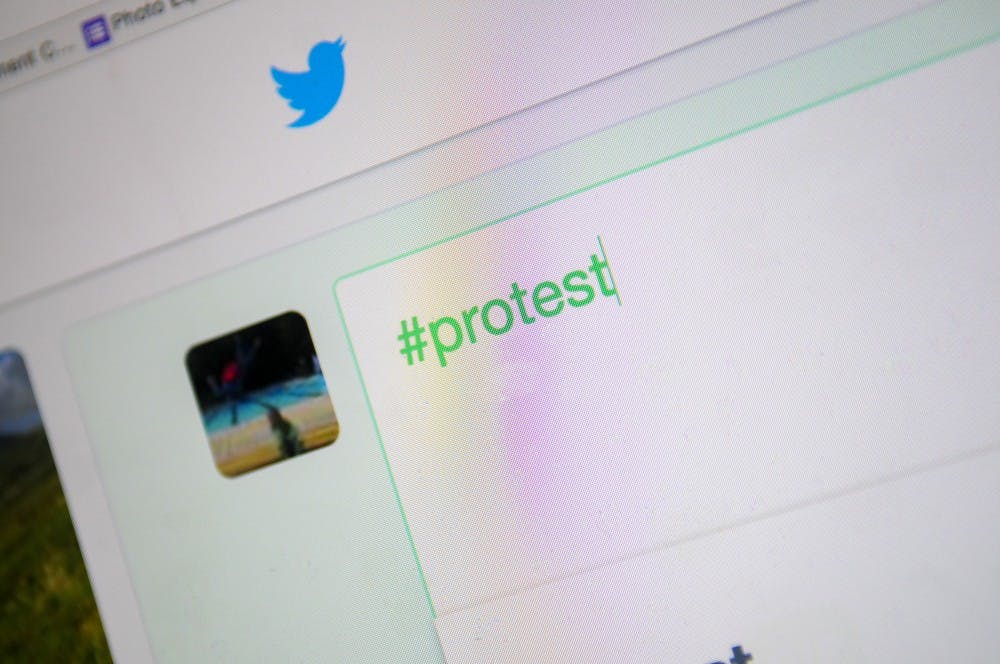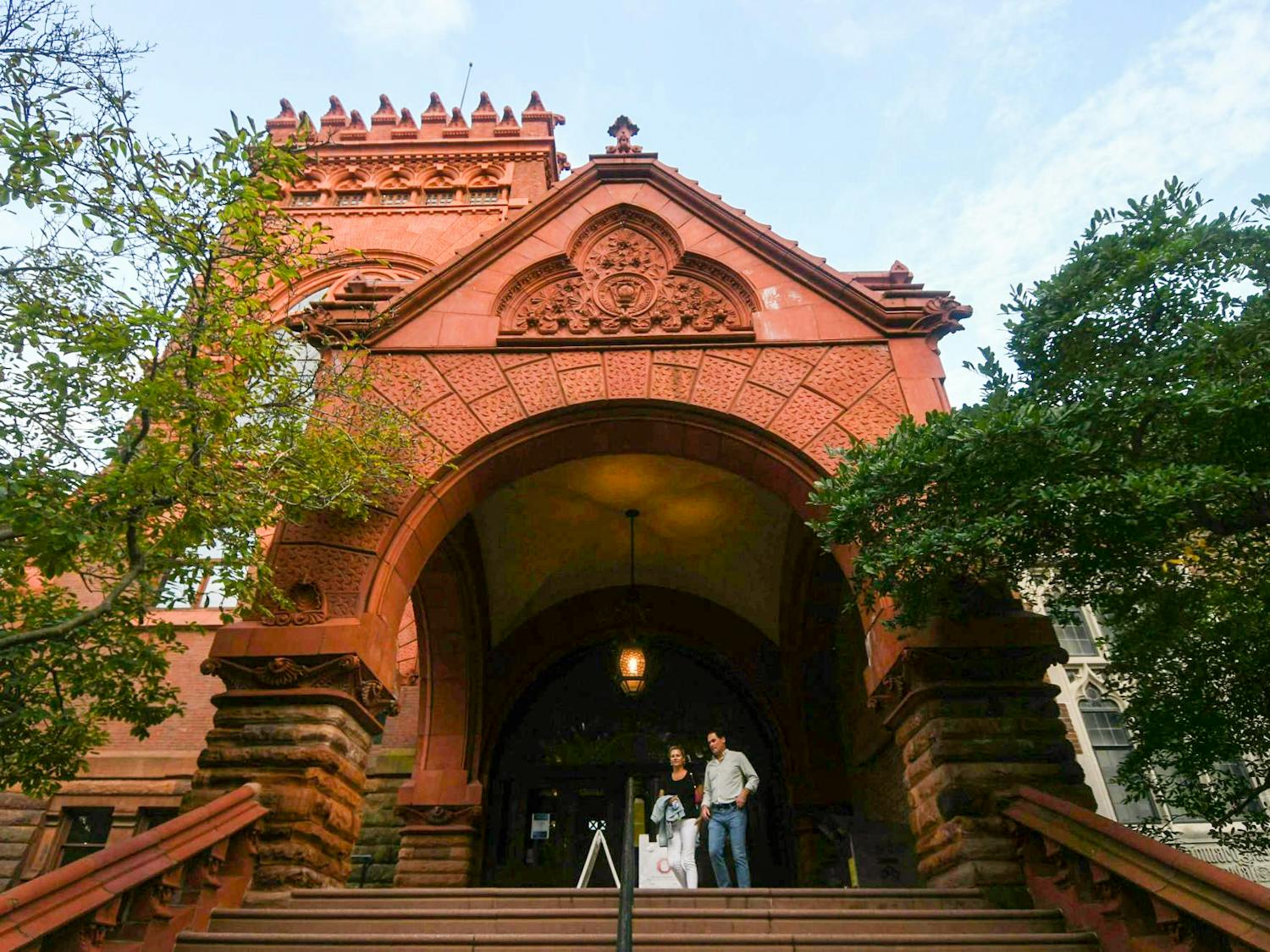Feel free to tint your profile picture, share that controversial Facebook post or retweet a political message — “slacktivism” matters, according to a recent study published by Annenberg professor Sandra González-Bailón.
González-Bailón’s study found that the combined contribution of peripheral users — individuals on the fringe of a given event — to the spread of protest messages is comparable to that of highly committed participants. The peripheral users, called slacktivists, doubled the reach of these core protestors.
The study analyzed Twitter activity about the protests in Istanbul’s Taksim Gezi Park in 2013, the Spanish Indignados movement in 2012 and the American Occupy movement in 2012. The researchers examined tens of millions of tweets. They also studied millions of tweets from non-protest events, such as the 2014 Oscars, to examine the differences between protest and non-protest networks.
In protest networks, the researchers identified two groups of activists. The core participants — those actually protesting at Taksim Gezi Park, for example — were identified using geographical data embedded in tweets. This minority of social media users is the most committed and active in each movement.
However, other users are still critical.
Peripheral users are not at the site of protests but might retweet one or two tweets posted by a core participant. These slacktivists might not put in as much effort, but they are so much more numerous that as a whole, they have a similar impact to that of the core group.
Peripheral users broaden the reach of the movement they support by exposing their followers to the messages of the most committed participants. Without the periphery users, these passionate protestors would have a more limited audience.
The study mentioned the importance of social media activity surrounding protests that do not receive significant mass media coverage. The increased availability of information about protests and opposition groups can potentially lead to broader anti-regime action, as it did during the Arab Spring, the authors said.
Penn students may not be involved in many protests advocating regime change, but they do use social media to share political posts.
College sophomore Elena Prieto shares information about both Israeli and American politics.
“I have a pretty diverse newsfeed because I have friends from various places, like my Catholic high school and then my friends from when I lived in Israel,” she said. “So when I share things, I hope they’re interested by it and see things they wouldn’t otherwise see.”
Nursing freshman Meghan Doody shares posts on Facebook in part because she has different political views than most of her friends from home, who make up the majority of her Facebook friends.
“My town was kind of conservative, but I’m very liberal. So I was hoping that people would maybe take some time out of their day to read articles or anything that I was posting,” she said. Doody also reads the articles her more conservative friends post in an effort to stay well-informed.
“I don’t really know if I’m changing anything, but it’s more just to get information out there,” she said.









